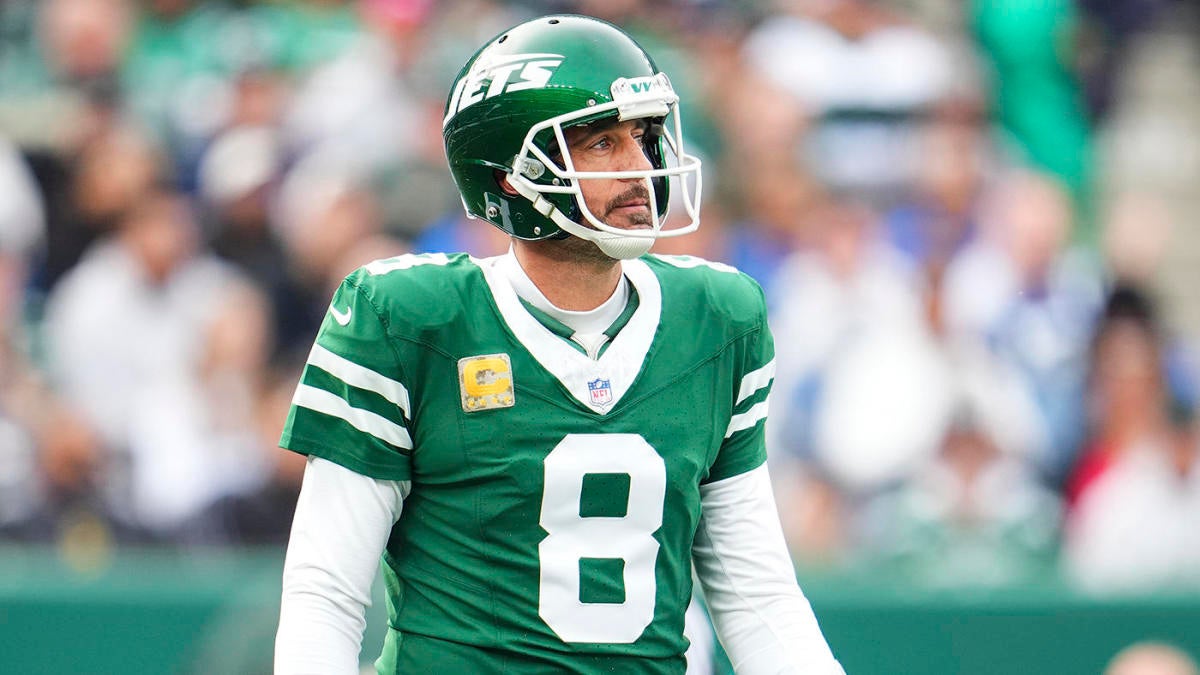Gambling
Opinion: ‘Responsible gambling’ policies normalize risky behaviour and blame the victims
A former Olympian, Bruce Kidd is a member of the Campaign to Ban Ads for Gambling, and a professor emeritus of sports policy at the University of Toronto.
It’s hard to imagine a current public policy more irresponsible than the promotion of “responsible gambling.” That’s the Ontario government’s and the gambling industry’s strategy to address the widespread public concern about the addictions and economic and social costs of sports betting and other forms of gambling. The idea, pushed out in endless ads and taglines and endorsed by star athletes like Connor McDavid, is that bettors should know their financial and psychological limits and rein themselves in when at risk.
Knowing your limits is always wise. But responsible gambling messages are pernicious while the gambling industry pours out inducements to bet, weaponizes digital media to encourage addictions, and strips countless bettors of their money.
Gambling can be very harmful. According to Statistics Canada, 1.6 per cent of adult gamblers in Canada, or 304,400 persons, are at moderate to high risk of gambling disorders, including mental health issues, runaway debt, stress to families, low self-esteem, anxiety, depression, and even suicide. Problem gambling tends to be highest in younger males with lower levels of income and education. The Centre for Addiction and Mental Health in Toronto reports that for every person experiencing gambling problems, another 5 to 10 are negatively affected.
The system is designed to addict. According to Steve Joordens of the Canadian Psychological Association, the gambling industry exploits the psychological power of random rewards and manipulates the endless possibilities of cellphone prop bets into a compulsion. “When players gamble, they lose more often than they win,” he says. “The random nature of wins means they never know when that next win is coming. They start chasing that next win. At the neuroscientific level, the hormone dopamine is released when one is chasing a desired outcome and this release feels good, literally the thrill of the chase. Each loss can make the player feel one step closer to that next win. This makes the player “resistant to extinction.” Once they start, they don’t want to stop, especially after a string of losses.”
The Globe and Mail recently reported a significant increase in the number of gamblers seeking help at Ontario’s only in-patient treatment program, the Residential Centre for Problem Gambling and Digital Dependency at Hôtel-Dieu Grace Healthcare in Windsor. We would know more about the extent of the problem, except that in 2019, the Ontario government eliminated funding for Gambling Research Exchange Ontario, a key organization that researched and provided resources for problem gambling prevention.
These days, ads promoting sports betting are impossible to escape. The CBC recently reported that sports fans are exposed to three gambling ads a minute during a typical game broadcast. Broadcasters such as Sportsnet, owned by Rogers, promote betting enthusiastically. While the Alcohol and Gaming Commission of Ontario (ACGO) prohibits ads directed at young people, that hasn’t stopped ads on telecasts and in arenas and stadia where children and youth watch and participate in great numbers. It was only when the Campaign to Ban Ads for Gambling formally complained about ads on signboards and dressing room doors in a youth hockey arena that the AGCO persuaded the betting company to take them down.
“Responsible gambling” is thus more than an oxymoron – it’s part of the problem. It normalizes a highly risky endeavour and marshals a blame-the-victim approach, diverting the responsibility for the mental health and other problems associated with gambling to individuals and their families. The governments and corporations that legalized and profit from gambling take little or no responsibility for gambling harms.
We thus have a public health crisis being passed off as a problem of individual responsibility. What is needed instead, experts agree, is a comprehensive, holistic, public health approach, just as Canada eventually took with tobacco. The governments that created the problem have a responsibility to fix it.
Governments need to limit the inducements to gamble by banning the ads outright, in the same way that they previously banned ads for tobacco. There is now a private member’s bill to regulate gambling ads under consideration by the Canadian Senate. The federal Liberals should make it a government bill and turn it into law.
The federal and provincial/territorial governments should conduct public education campaigns to reverse the normalization of sports betting and other forms of gambling, just as they once did for tobacco. And governments need to hold the betting companies responsible for the full costs of the social problems they create.








